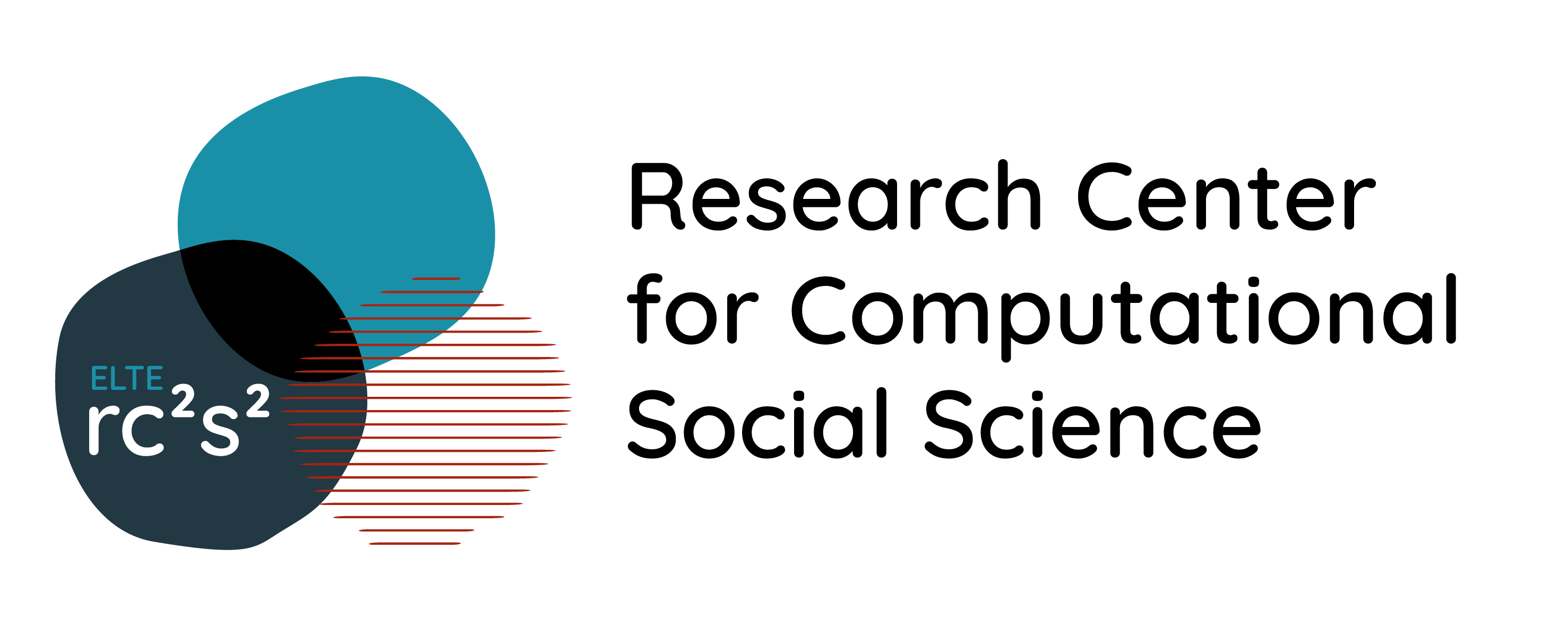Starting from my experimental learning workshop on the legacy of Holocaust memory, my presentation questions the transmission of the memory of the World War II period in Education. How to transmit memory, particularly to younger people born in the 3rd millennium? Currently, the very way of memory making is challenged by the gradual disappearance of eyewitnesses and a changing political climate, in which nostalgic references to the fascist and nazi past are increasingly loud everywhere in Europe. In this context, I think we need to consider the usefulness and importance of memory-making: why are remembrance and memorialization important? And therefore, how to avoid a rhetorical discourse and actualize memory?
This issue also leads to questions about the values and political principles associated with this memory. It intersects with the ideal weight of the memory of anti-fascism and the Resistance, a political opposition that, though a minority, existed in Europe, identified in Nazi concentration camps with the red triangle.
Commemorating the Holocaust, celebrating the Resistance… it’s not just a question of remembering the past: memory can be an inspiring force for acting on the present and thinking about the future.
